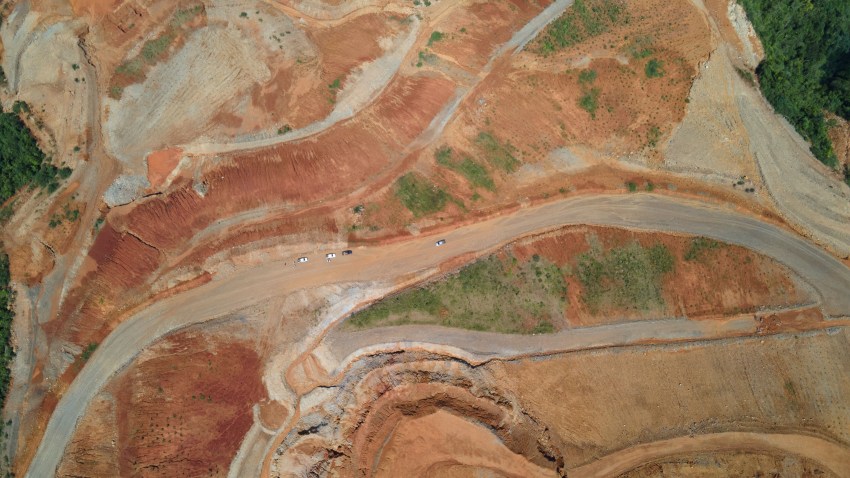A group of African countries called on Wednesday for better controls on the rush for critical minerals needed for the green transition. The group—which includes Senegal, Burkina Faso, Cameroon, Chad and Congo—presented a resolution to the U.N. environmental assembly calling for structural change to promote equitable benefit-sharing from extraction. (The Guardian)
Our Take
By presenting this resolution, these African countries are seeking to address the under-discussed “dark side” of the green transition. Renewable energy technologies are clearly necessary for addressing climate change. And as demand for them surges in the U.S., Europe and China, so too has demand for the critical minerals needed to make those technologies.
Theoretically, this should be a boon for the countries where critical minerals are concentrated, mostly in Africa and Latin America. But there is also a negative impact to such a rush. Local communities in resource-rich areas are often displaced by the environmental destruction, not to mention extrajudicial violence, that can accompany mineral extraction, an issue that disproportionately affects Indigenous communities. What’s more, because these minerals are often exported in their raw state and processed elsewhere, the windfalls for mineral-rich countries can distort economic development, while impeding industrialization.

